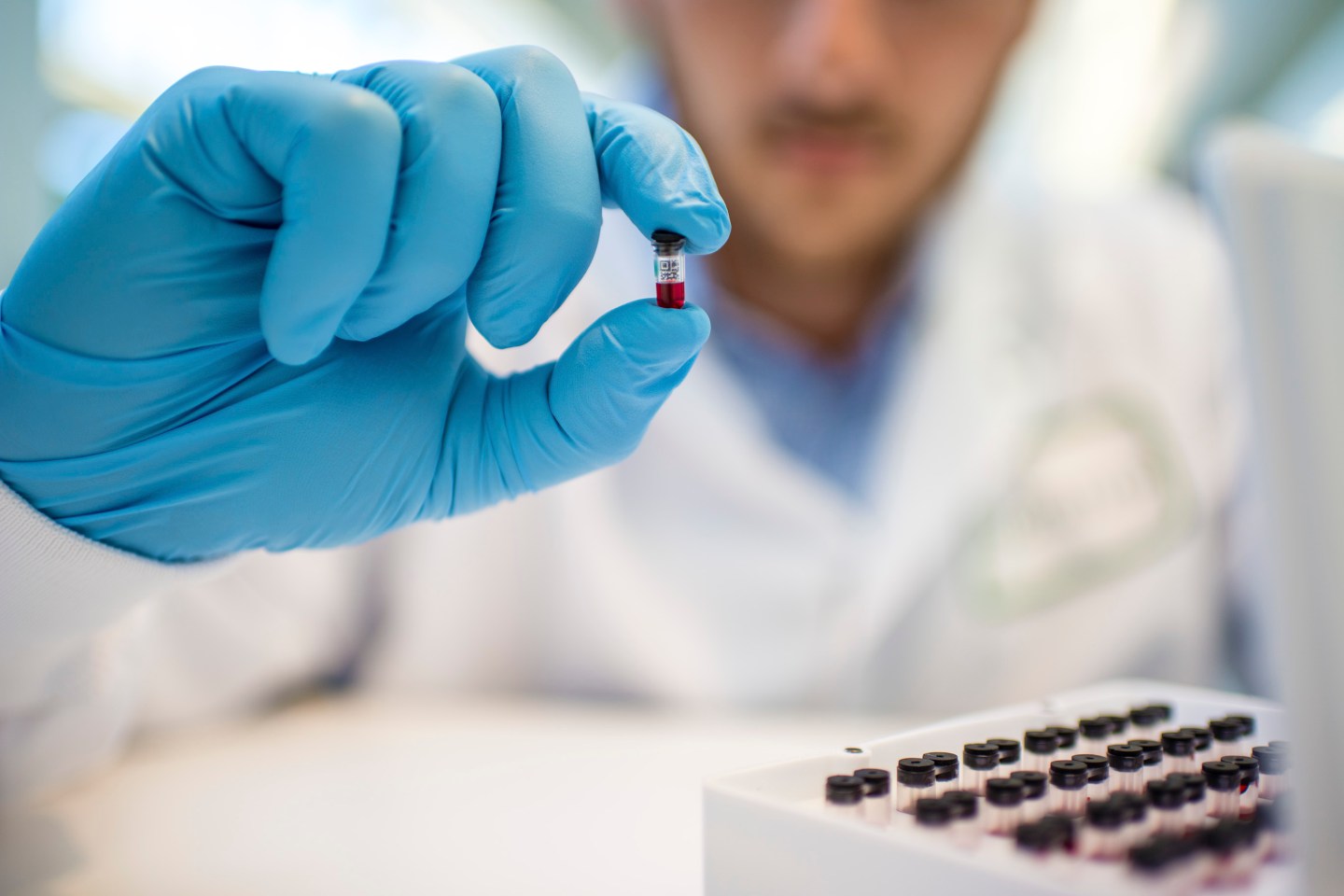Theranos, the blood-testing startup that has been valued at $9 billion, is under fire after The Wall Street Journal reported today that the company often doesn’t use its own technology, in part due to concerns over accuracy. Not surprisingly, Theranos has a different point of view, and CEO Elizabeth Holmes is expected to appear on Jim Cramer’s CNBC program this evening to offer a rebuttal.
One storyline that has emerged from this — including in the halls of Fortune, which put Holmes on its cover last June — is that, if the WSJ is right, Theranos could prove emblematic of how some tech “unicorns” are valued more on hype than fundamentals. And, more to the point, that the company could become one of what many expect to be a parade of “unicorpses.”
But I don’t think so. Win or lose, Theranos will not be a proxy for most other startups that have received extraordinarily high valuations from their venture capitalists.
Out of the 138 “unicorns” we’re currently tracking, Theranos is one of just five biotech companies. Almost all of the others are consumer or enterprise tech, with a small smattering of energy, retail and transportation companies mixed in. For most of these companies, there is little question that their products work, at least to some degree. What is in question — at least from a valuation standpoint — is mostly about things like market fit and customer adoption.
For the biotechs, however, it’s almost all about if the technology works. Biotech success isn’t completely binary, but it’s close. Even if it’s a company like Theranos, whose innovation is split between the lab and the healthcare services facility. The WSJ is suggesting not that Theranos might be overvalued at $9 billion, so much as it’s arguing about the company’s very validity.
Moreover, Theranos even stands apart a bit from other biotech unicorns, and not only because a big part of its business is healthcare services. Few of its known investors have any biotech experience whatsoever, which is a far cry from the shareholder bases of big-valued medical upstarts like Moderna Therapeutics, 23andMe or Intarcia Therapeutics.
Theranos may be part of this billion-dollar boom, but it is not representative of it. And that will be true whether it ultimately proves to be a unicorn or a unicorpse.












